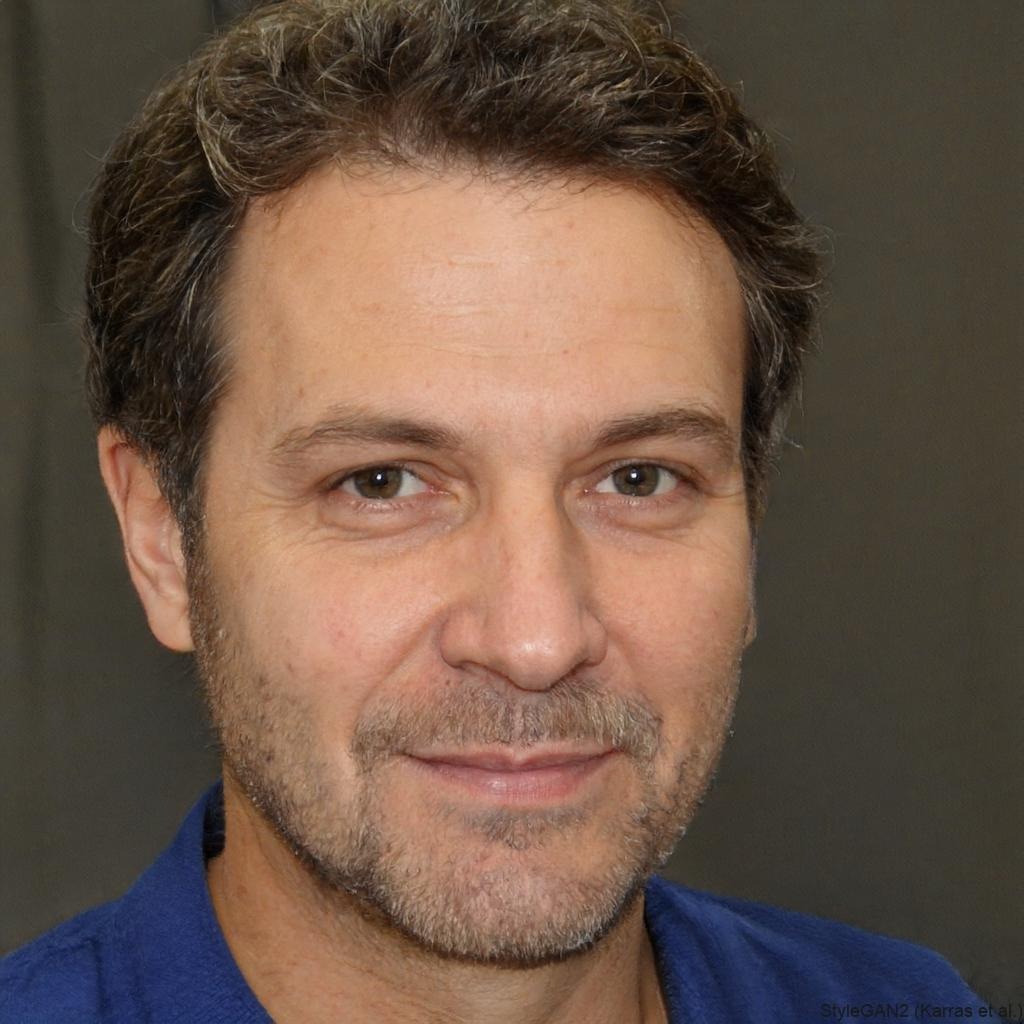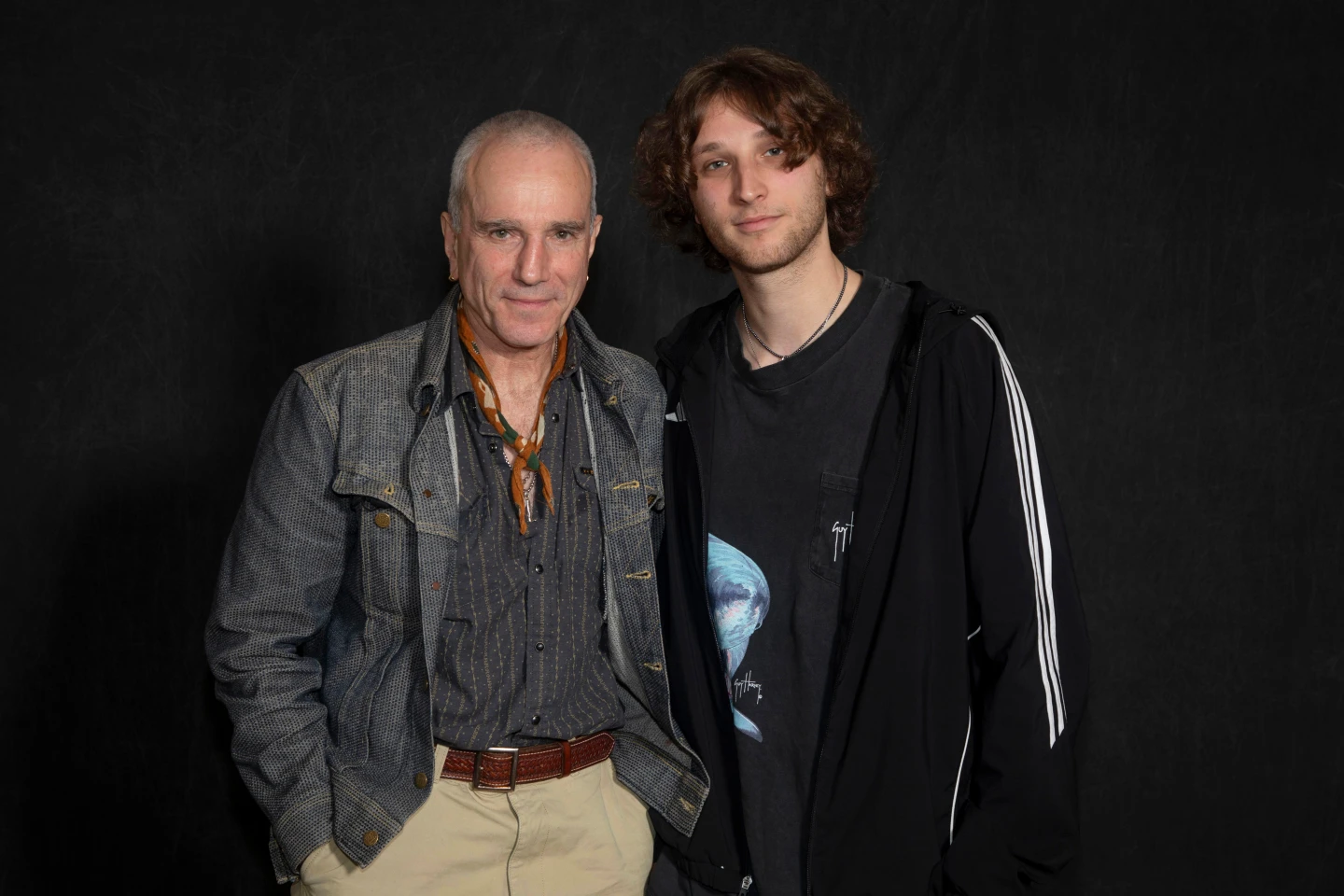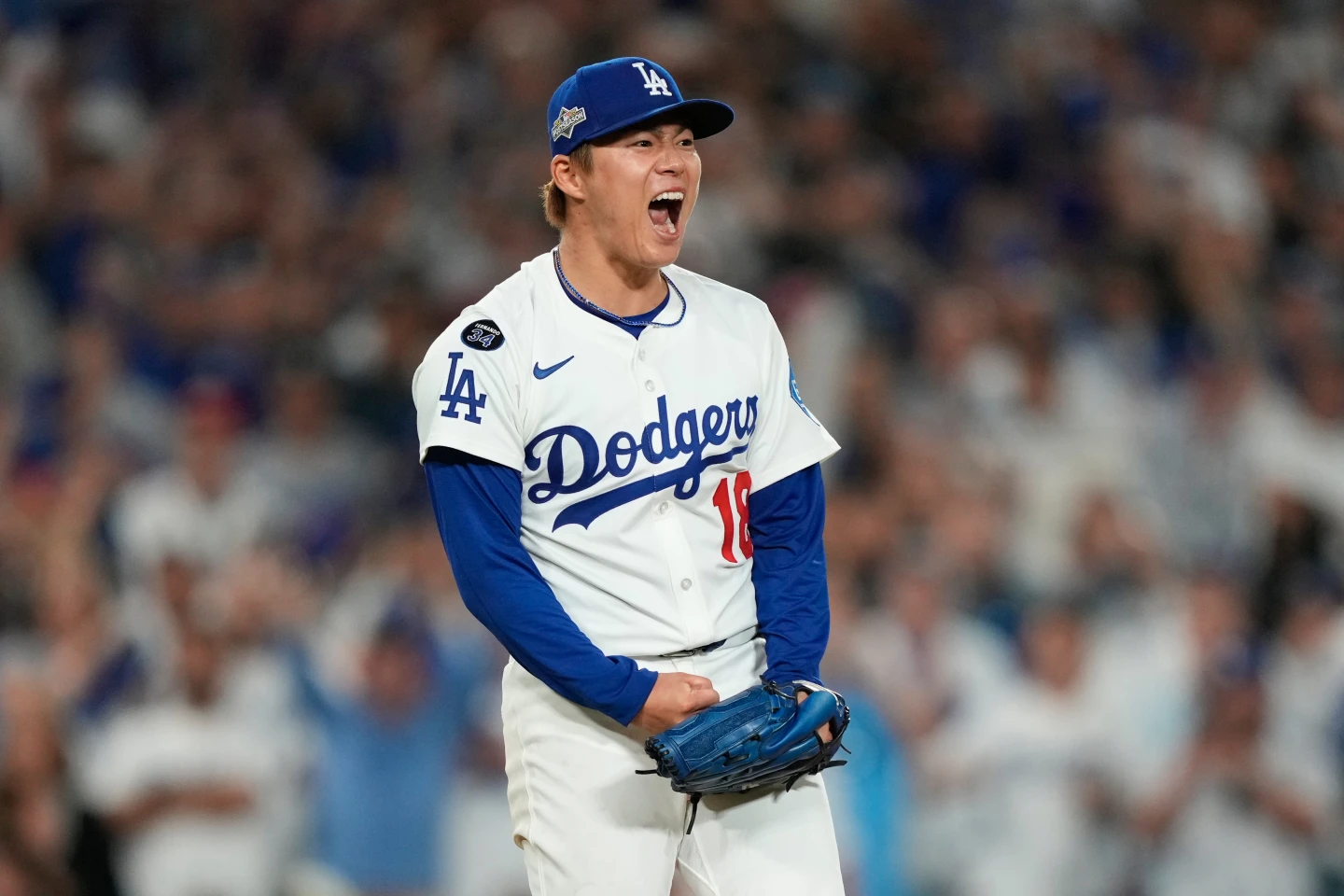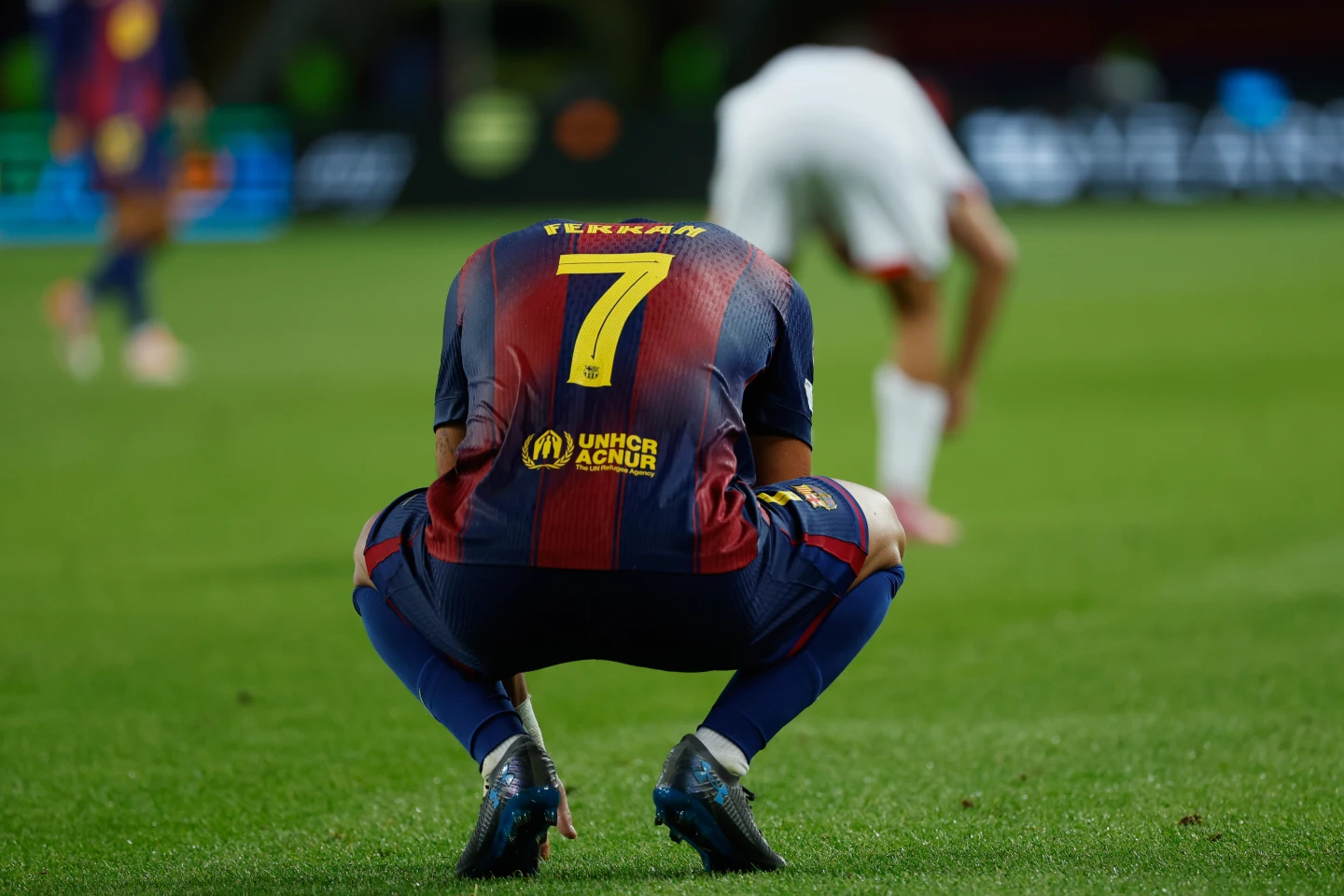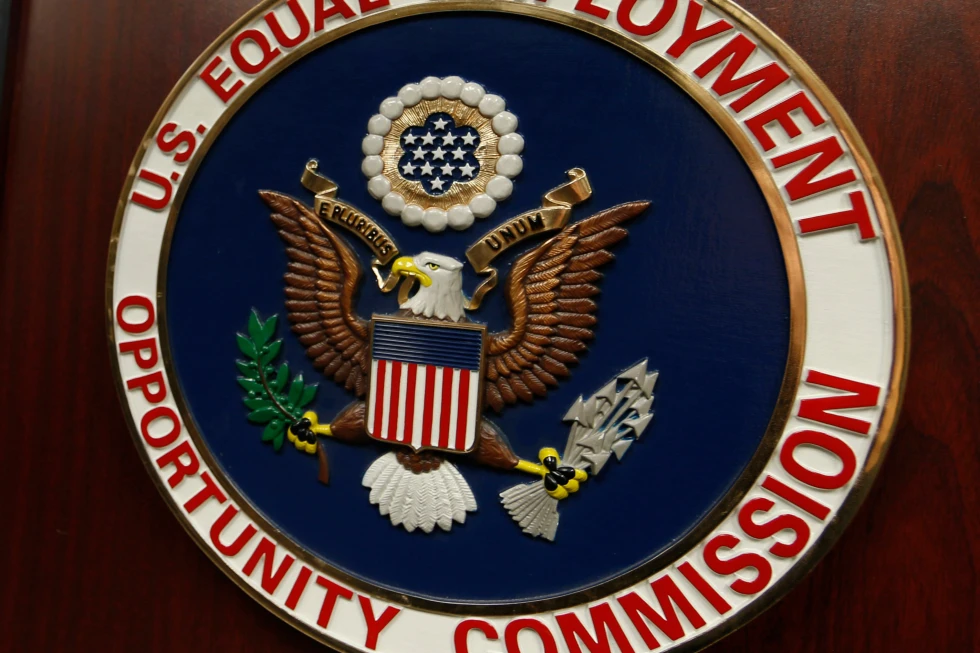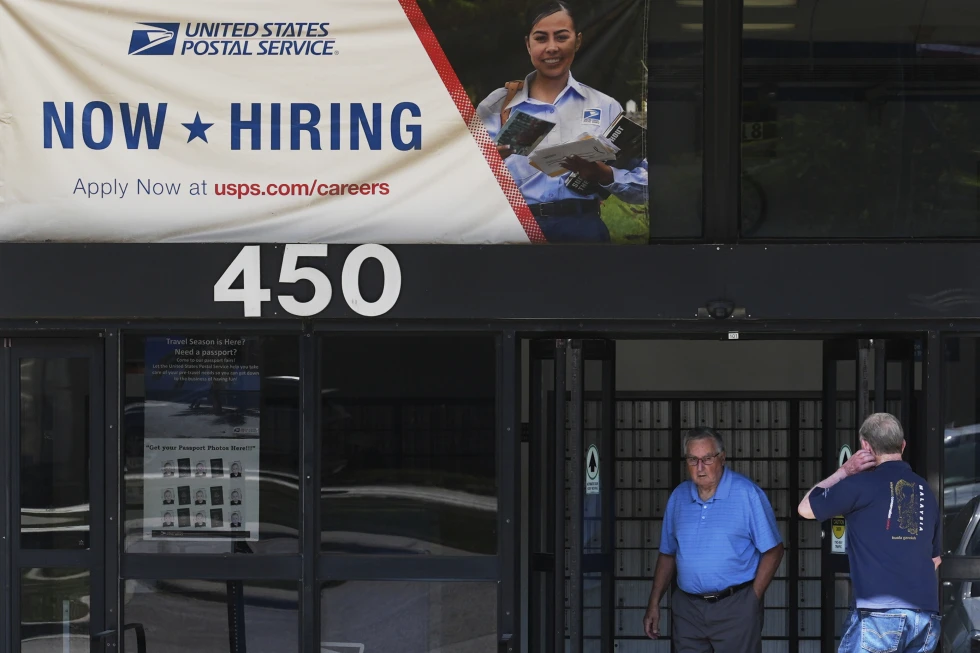d aniel Day-Lewis Returns to the Screen in “Anemone” After Eight-Year Retirement
It has been eight years since Daniel Day-Lewis announced his retirement from acting, declaring that he wanted to “explore the world in a different way.” Known for being one of the greatest actors of his generation, Day-Lewis’ absence left fans and critics wondering if the legendary performer had truly stepped away for good.
That absence ends with “Anemone,” a new film directed by his son, Ronan Day-Lewis, who co-wrote the project with his father. Originally conceived as a small-scale endeavor with no real ambitions, the project gradually evolved into a full feature film. It marks the long-awaited return of Day-Lewis to the big screen.
Reflecting on his decision to return, Day-Lewis shared that the process of working on the film gradually drew him back, despite initial hesitation. “It saddened me that I had perhaps ruled myself out of that,” he said, noting that the scope of production eventually became undeniable, requiring him to re-engage fully with the filmmaking process.
“Anemone”: A Father-Son Story with a Unique Vision
“Anemone” premiered at the New York Film Festival and will be released by Focus Features. The film is a father-son story, though not autobiographical, in which Day-Lewis plays Ray Stoker, a reclusive hermit living in a remote cabin. The plot follows his brother, Jem (Sean Bean), as he attempts to convince Ray to reconnect with his teenage son.
While the narrative centers on familial relationships, the collaboration between Daniel and Ronan Day-Lewis adds a deeply personal dimension to the production. Daniel Day-Lewis’ performance demonstrates that, at 68, his intensity and magnetism as an actor remain undiminished.
The making of “Anemone” also marks Day-Lewis’ first screenwriting credit. By co-writing the film with his son, he explored a new form of creative expression, shaping the story and characters from inception to the final cut. This process, he says, reignited a unique artistic hunger within him.
Life After Retirement and Rediscovering Acting
Since his last film, “Phantom Thread” (2017), Day-Lewis has pursued personal interests, including studying violin making. However, he has also reflected on his initial retirement as being more tentative than definitive. The work of acting, he insists, has always been nourishing, not debilitating, contrary to public assumptions.
Day-Lewis described feeling uncertain about returning to the spotlight after “Phantom Thread,” particularly the public attention accompanying major film releases. “I anticipated being back in the public arena again,” he said, acknowledging that navigating public scrutiny was one of the more challenging aspects of his career.
Despite these concerns, he embraced the opportunity to work with his son. The film allowed him to reconnect with his craft on a deeply personal level while experimenting with new creative responsibilities, such as screenwriting, which added a fresh dimension to his artistic life.
Method Acting and Creative Philosophy
Daniel Day-Lewis’ method-acting immersion has long been legendary, often misunderstood as self-sacrifice or obsession. He rejects the notion that actors must endure debilitating hardship for their craft, emphasizing instead the pursuit of truth in performance. “We all find a different way of approaching the same problems,” he said.
Day-Lewis stressed that his creative approach is about living authentically in the moment of each scene rather than adhering to a rigid system. He also highlighted the importance of imagination and personal investment, qualities he observed in his son Ronan, who made his directorial debut with “Anemone.”
The film’s meticulous attention to detail, down to props such as expired sardines lining Ray’s cabin, reflects Day-Lewis’ immersive approach. His commitment to building a fully realized world allows him to remain deeply engaged with each role, enhancing the authenticity and emotional resonance of his performance.
The Father-Son Collaboration and Creative Legacy
Working alongside Ronan Day-Lewis offered a unique dynamic, combining the experience of a legendary actor with the fresh perspective of a young director. Daniel Day-Lewis observed the same intensity and imagination in his son that he brought to his own career, making the collaboration both challenging and rewarding.
Ronan Day-Lewis, a painter and first-time director, was fascinated by the intricacies of his father’s process, recalling visits to sets of previous films like “There Will Be Blood.” By translating his observations into his own creative work, Ronan created a cinematic environment that allowed Daniel to fully engage with the character of Ray.
This collaboration represents more than a film; it is a creative legacy and a shared artistic journey. The father-son partnership underscores the generational transfer of knowledge, imagination, and passion for storytelling.
Looking Ahead: The Future of Daniel Day-Lewis
Though Day-Lewis has not announced another forthcoming project, his work on “Anemone” suggests that his capacity for acting remains intact. He acknowledges that acting has been his primary form of self-expression since childhood, and while he may not have felt a “sense of missing” during retirement, the drive to create endures.
The experience of co-writing and acting in “Anemone” has offered him new creative satisfaction, opening the door to potential future endeavors. While the actor remains selective about public exposure, this project demonstrates that his artistic fire continues to burn brightly.
Ultimately, Daniel Day-Lewis’ return is a testament to the enduring power of passion, creativity, and familial collaboration. “Anemone” is not only a cinematic achievement but a personal statement of artistic vitality, showing that even after years away, Day-Lewis’ talent and commitment remain extraordinary.







